Body
Our Mentorship Funding Program provides junior faculty and early-career rehabilitation researchers with mentoring and career advancement guidance from senior scientists and clinicians at Shirley Ryan AbilityLab.
Read more about Mentorship Funding
2023 Mentees
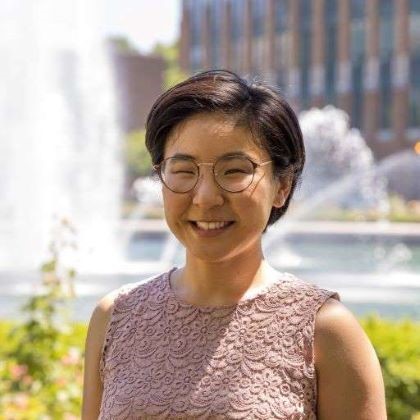 | Momona Yamagami, PhD,
Rice UniversityResearch interest: Enabling accessible and equitable virtual rehabilitation with biosignalsPrimary mentor: Elliot Roth, MD |
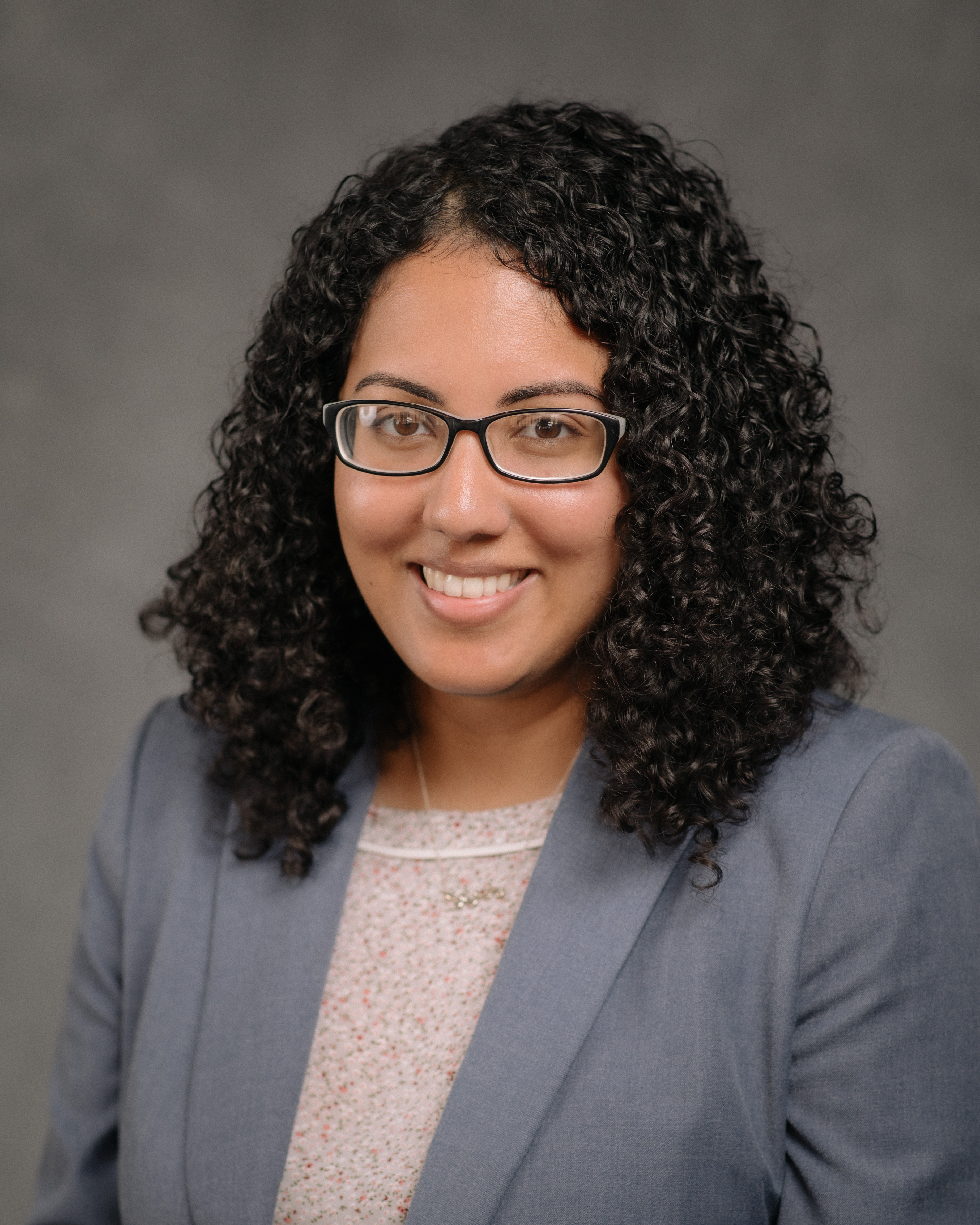 | Shanie Jayasinghe, PhD,
University of MinnesotaResearch interest: Role of cognitive load on lateralized motor control processesPrimary mentor: Zev Rymer, MD, PhD |
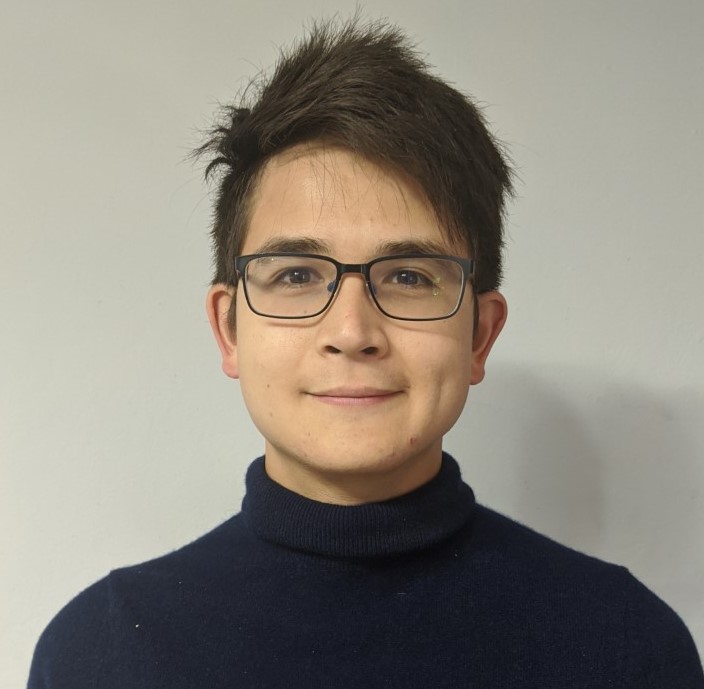 | Robert Matthew PhD, University of California, San FranciscoResearch interest: Identifying the neurological and biomechanical measures of engaged movement in robot-assisted hand therapyPrimary mentor: Eric Perreault, PhD |
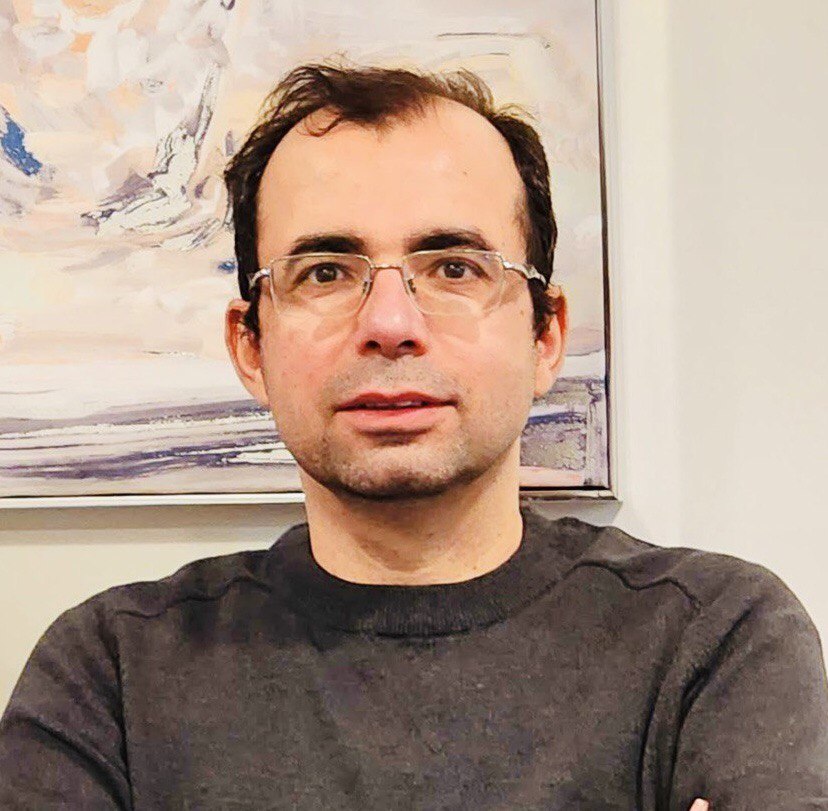 | Seyed Javad Mousavi, PT, PhD,
Beth Israel Deaconess Medical CenterResearch interest: Understanding biomechanical and neuromuscular mechanisms of pain behind MSK diseasePrimary mentor: Arun Jayaraman, PT, PhD |
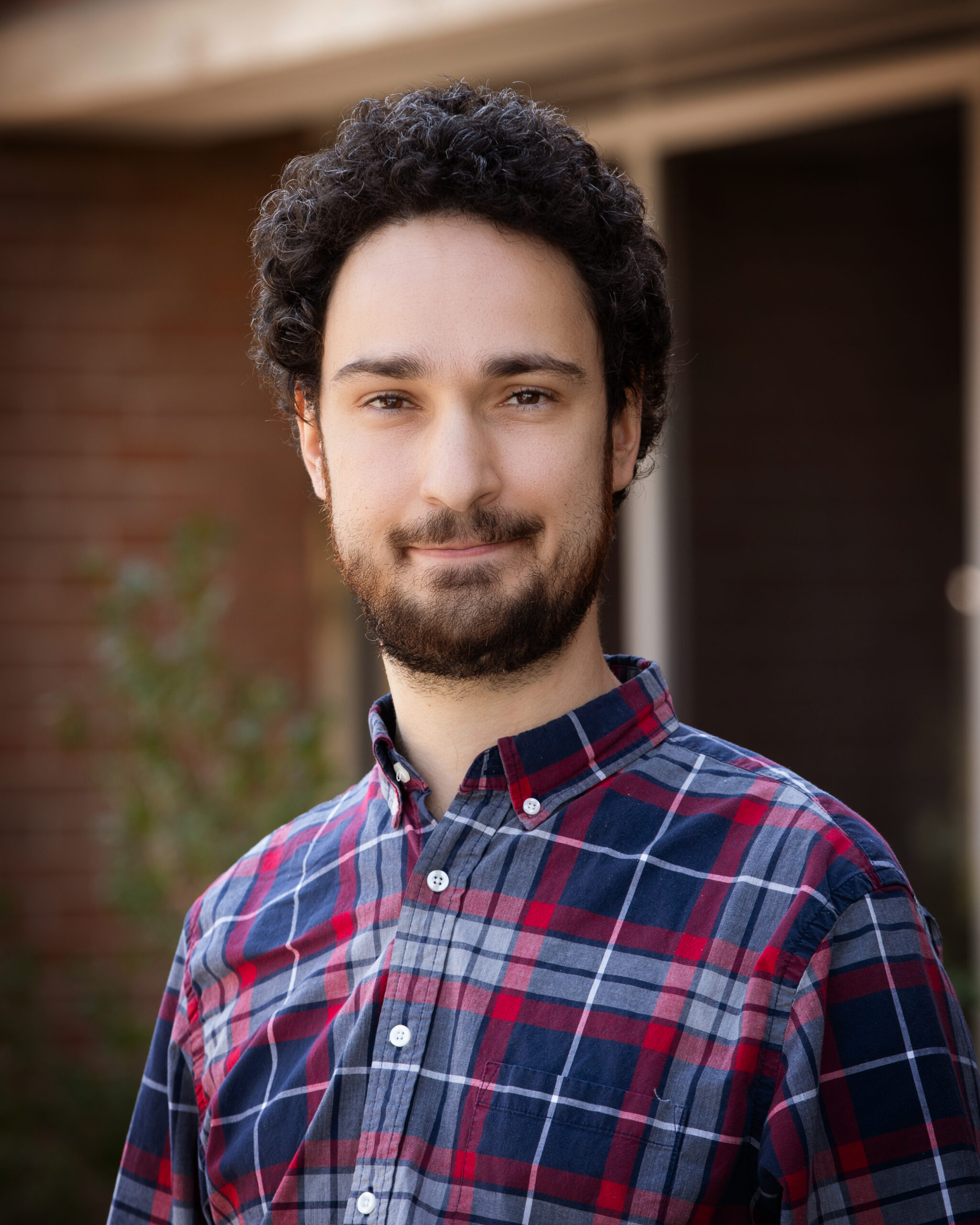 | Edoardo Battaglia, PhD,
University of UtahResearch interest: Wearable haptic interface systems for movement for UE vibrotactile feedbackPrimary mentor: Levi Hargrove, PhD |
2022 Mentees
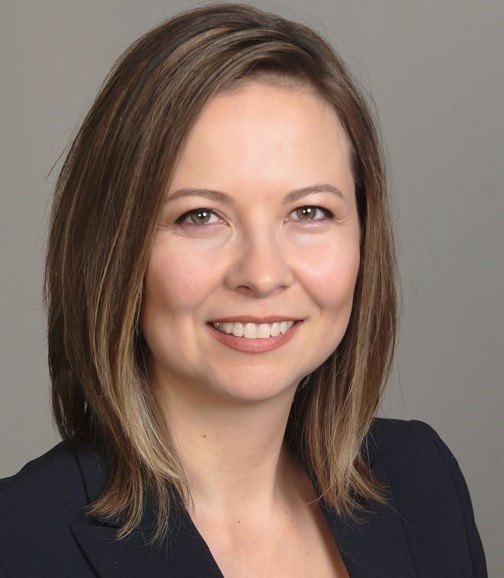 | Ayse Torres, Ph.D., CRC, LMHC,
Florida Atlantic UniversityResearch development: Augmented Reality Enhanced Supported Employment for Individuals with Intellectual and Developmental DisabilitiesPrimary mentors: Dr. Allen Heinemann (CSTAR) and Dr. Kate Compton (NU) |
“The C-STAR Collaborative Mentorship Funding provided a unique opportunity to collaborate with interdisciplinary team members and learn how to design a pilot study. My lead mentor, Dr. Allen Heinemann, provided guidance in the development of my project proposal and supported me in grant writing.” —Ayse Torres, Ph.D., CRC, LMHC
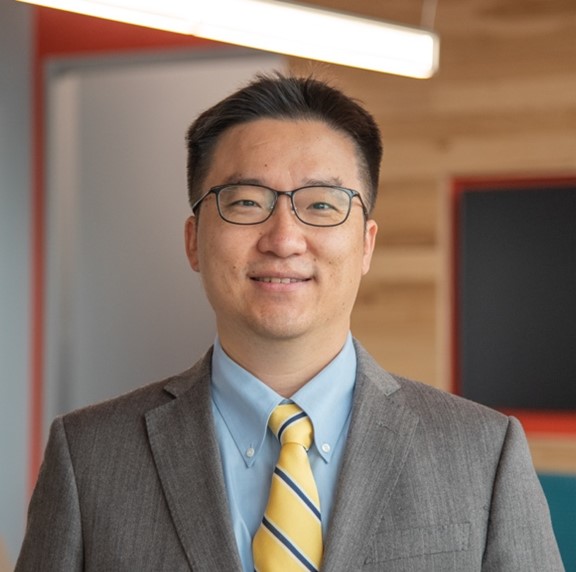 | Gu Eon Kang, Ph.D,
University of Texas at DallasResearch development: Leveraging Wearable Sensors and Digital Technology to Assess Functional Outcomes and Cognitive Outcomes in Patients with Diabetic Foot UlcersPrimary mentors: Dr. Namratha Kandula and Dr. Levi Hargrove (CSTAR) |
“I am working on an NIH grant proposal, and my C-STAR mentors, Dr. Namratha Kandula and Dr. Levi Hargrove, really helped me to improve my proposal. C-STAR mentorship funding also helped me to secure some time so that I can focus on writing and allowed me to explore the foundation of my future research projects.” —Gu Eon Kang, Ph.D
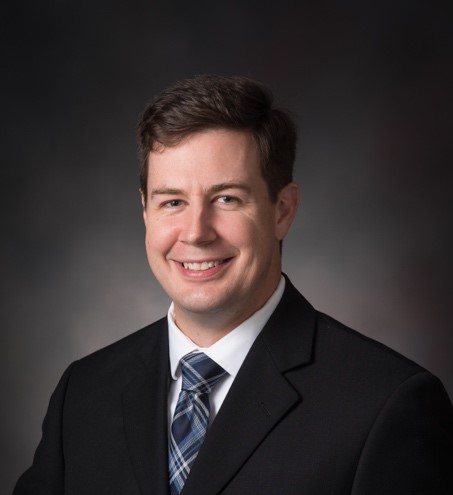 | Justin Huber, M.D., M.Sc., University of KentuckyResearch development:Assessing Real-World Upper Extremity Performance in Stroke SurvivorsPrimary mentors: Dr. William Zev Rymer and Dr. Eric Perreault (CSTAR) |
“Through the C-STAR Collaborative Mentorship Funding, I discovered a sounding board of thought-leaders who shared a genuine interest in my success and sought to catalyze it. I conclude this program with meaningful developments of my research objectives and clarity in my path ahead, which I owe to the generous team at C-STAR.”—Justin Huber, M.D., M.Sc.
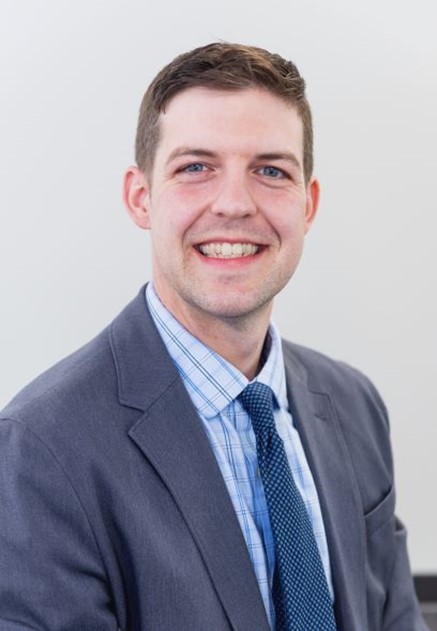 | Samuel Nemanich, PhD, MSCI,
Marquette UniversityResearch development:Validity and Reliability of Mobile-based Technology to Assess Children’s Motor SkillsPrimary mentors: Dr. Julius Dewald (CSTAR) and Dr. Gadi Revivo (Shirley Ryan Ability Lab) |
“Participating in the C-STAR mentorship program has helped me advance my research agenda and gain insights into the intersections of neuroscience, technology, and rehabilitation. The individualized mentorship plan is well-designed for young investigators and allows for frequent interaction and collaboration with senior mentors.”—Samuel Nemanich, PhD, MSCI
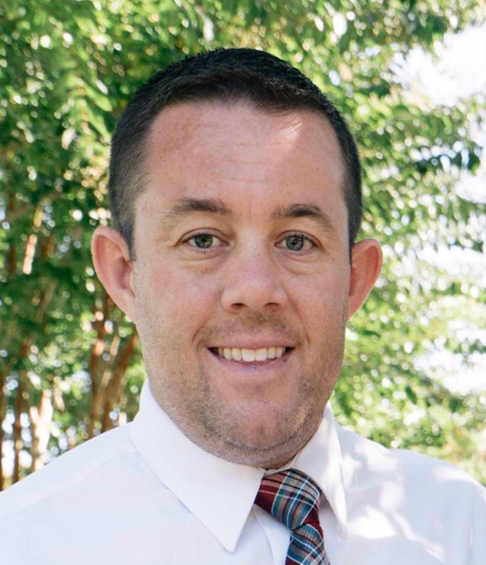 | Tanner Thorsen, Ph.D,
University of Southern MississippiResearch development:Application of Wearable Smart Garment and Influence of Cycling Cadence Training on Gait Parameters in Older Adults at Risk of FallingPrimary mentors: Dr. Miriam Rafferty (C-STAR) and Dr. Arun Jayaraman (C-STAR) |
““My mentorship with C-STAR has been incredibly valuable for me in terms of grantsmanship and study design. The relationships that have formed along the way with my mentorship group have created a great environment to learn, grow, and improve on my path towards research independence.”—Tanner Thorsen, Ph.D










